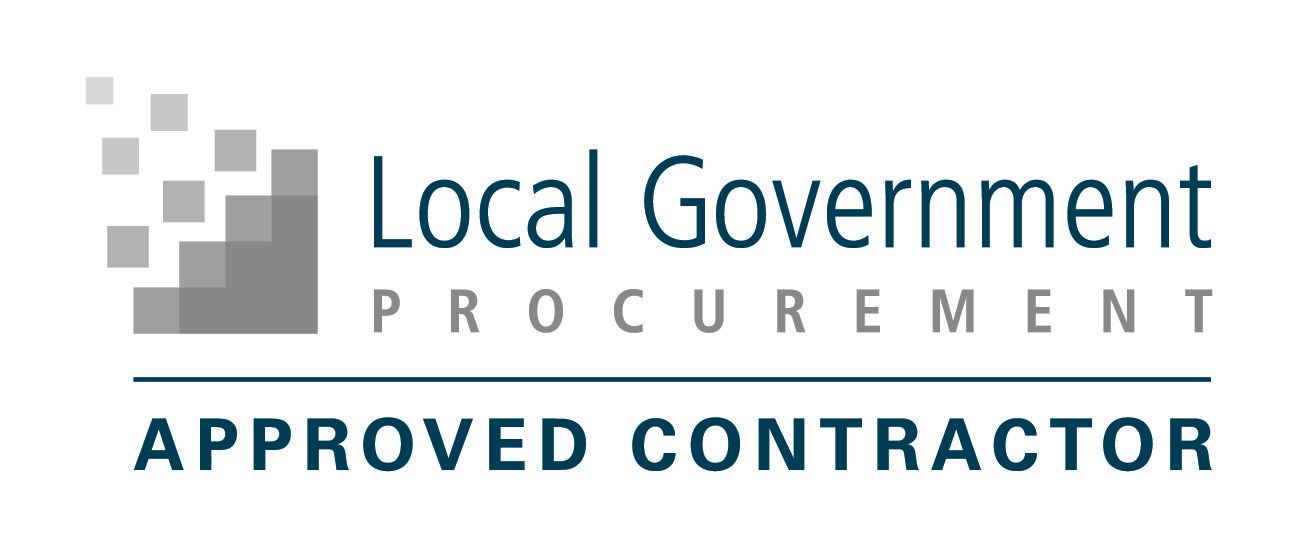Key Take Aways from the 2015 Google Analytics Conference
sheree
As it does every year, the 2015 Google Analytics Conference continued to share insights, trends, business challenges and digital updates direct from the global team of Google. The Icon Digital Marketing team attended the 2015 conference in Sydney and were provided a great round up of the current and oncoming challenges faced by data analytics and digital marketing industries.
Marketing Co-Ordinator and Social Media aficionado Leroy Soeterboek enjoyed 2015 as his first Google Analytics Conference. He has put together below the key take aways that businesses can learn from the conference and how Icon will be using the information to drive success for all clients not just on digital campaigns but marketing strategy and business planning.
“ The most apparent theme from speakers was the importance of clear and concise communication of not only complex analytical anomalies and discoveries but also of the fundamental questions that drive its collection and analysis. The speakers outlined the importance of structured frameworks within organisations that could be used and improved over time to achieve data driven goals.
An organisation can sculpt a stronger understanding of how data analytics can help them by focusing on the business objectives. By involving all relevant departments these objectives can be turned into an analytically driven hypothesis, which is simply an assumptive statement that can then be tested via the use of Google Analytics. This is where clear and definitive language is needed to communicate between departments. To break it down, you want to use your business and marketing objectives to create this assumptive statement around your analytics data, then create a set of questions that can prove whether this statement is true or false.
This can take time and resources, however the rewards can be huge as you begin to leverage the flood of information to benefit your business.
Alas, finding the correct questions to ask around data collection and analysis can be the greatest challenge, as all the data in the world is useless unless the problem it meant to solve is completely understood. At times, the most obvious questions can point toward a better understanding of the problem.
Once the problem has been properly deciphered, it is then a matter of delivering a set of goals that are bounded by a specific timeframe and budget, this requires a solid framework that is understood by all vested stakeholders in your organisation.
A definitive and accessible language is paramount. Make sure everyone is flush with the vocabulary. Language is one of the most crucial frameworks you need to take the most from your data. The overall success of a digital analytics campaign is dependent on the communication that links all your stakeholders.
By collaborating and communicating on every level, an organization can establish a transparent and effective analytics campaign.
The results of a campaign are then only as strong as the story you can tell at the end, so being able to communicate the analytical discoveries to everyone in your organisation in an interesting manner is also of great importance.
As you can see, good communication along with analytical expertise are essential at all levels of management when constructing a digital analytics campaign. “
The speakers and their presentation topics culminated to provide a holistic overview of the complex issues that digital analysts, marketers and their clients face on a day to day basis.
KEEP IN TOUCH














